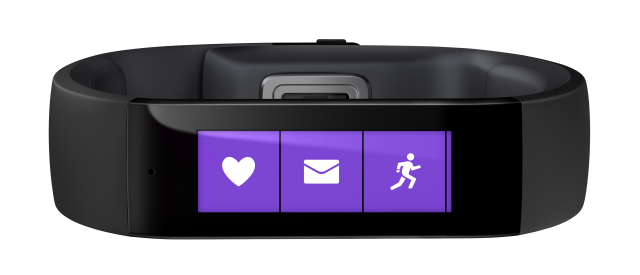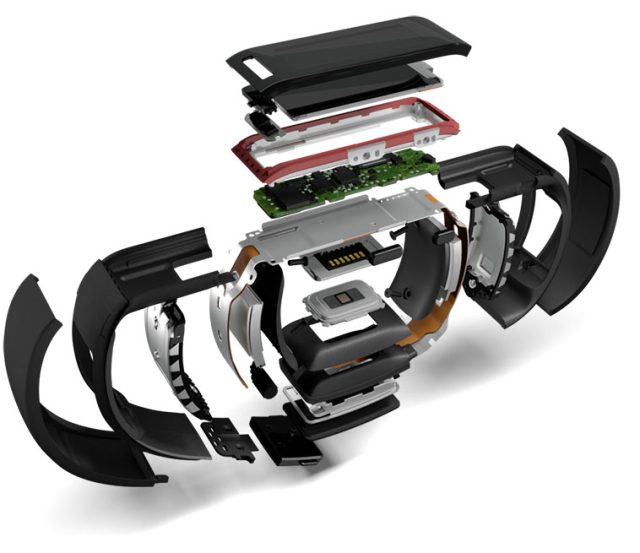Electronic Arts is closing the Maxis office in Emeryville, California. While other Maxis studios around the world will remain open, the Emeryville location was the studio’s headquarters, and was home to the principals behind the poorly-received and poorly-conceived 2013 reboot of the legendary SimCity franchise.
News of the closure was initially made public by the now former staff on Twitter. Lead gameplay scripter and designer on SimCity, Guillaume Pierre, tweeted that everybody at the site had lost their jobs.
EA subsequently confirmed the closure in a statement saying that development effort is now being “consolidated” to the other Maxis offices in Redwood Shores, Salt Lake City, Helsinki, and Melbourne. It has subsequently been reported by Polygon that there have been some job losses at the Redwood Shores location.
Read 2 remaining paragraphs | Comments




